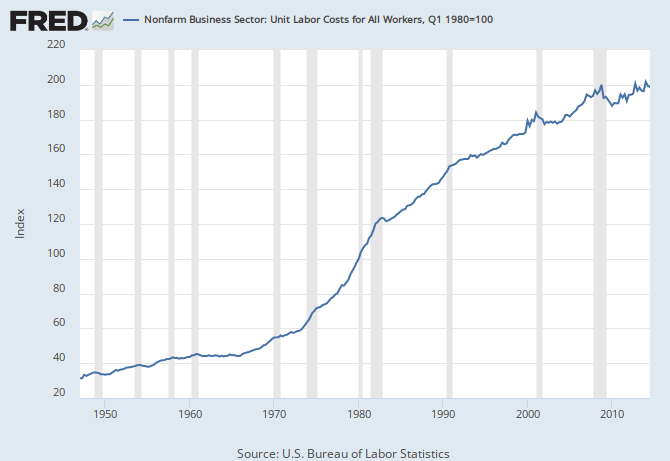- Joined
- Sep 18, 2011
- Messages
- 83,632
- Reaction score
- 58,253
- Location
- New Mexico
- Gender
- Male
- Political Leaning
- Progressive
Jobs do nothing for our economy?
How many permanent jobs does the keystone provide the US as it transports all the Canadian oil to ships taking from our shores?
apdst said:Offshore drilling at an all time high? Link?
Oil Companies Go Deep
Defying predictions after BP's huge spill in 2010, offshore drilling has taken off
Defying predictions after BP's huge spill in 2010, offshore drilling has taken off

